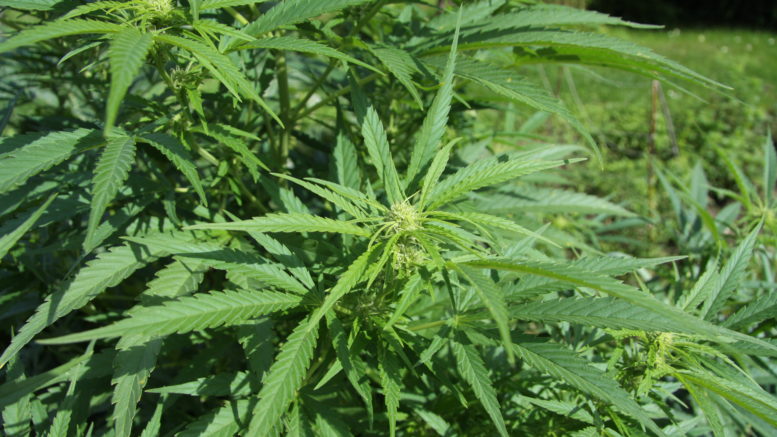On the eve of legal Canadian cannabis, I would guess that most people in the country have a vague idea of what legalization will look like. Nevertheless many questions remain unanswered, and they will only be answered through trial and error, case by case. One of the many questionable aspects that remain is how the federal courts will adjust to new federal statutes. Additionally, there remains doubt as to whether or not legalization will actually bring about more liberty for Canadians.
According to The Final Report of the Task Force on Cannabis Legalization and Regulation, more than half of police-reported drug offences in 2014 were marijuana possession charges. Once legalization kicks in, what sort of charges will arise in their stead?
Possession is still a possibility. The new Cannabis Act forbids anyone from possessing over 30g of dried cannabis, while s. 8(1)(b) makes it an offence to knowingly possess illicit cannabis. The black market is not expected to disappear overnight; there will undoubtedly still be illicit cannabis on the streets tomorrow. It is possible that law enforcement and federal courts will have their hands full with these new charges alone.
Additionally, there are new federal offences in the Cannabis Act relating to the distribution of cannabis products, growth of cannabis plants, and altering the chemical properties of cannabis with the use of an organic solvent. This means that police will be charged with monitoring suspicious transactions, home grows, and home production of various cannabis products. It seems that where one prohibitive act is quashed, three more pop up.
One possibility for the alleviation of federal courts comes from the limited scope of federal cannabis statutes. For example, the Canadian government has opted out of changing the Labour Code to enact guidelines for cannabis use in federally regulated workplaces. Instead, it will be up to individual companies to develop preventative policies to mitigate cannabis-related workplace hazards. There is a chance that this will help to reduce the number of cannabis-related cases brought to federal courts. Or at least, it will not add to it.
Although one of the goals of cannabis legalization was to lessen the load on the judicial system, I am skeptical about whether this goal will actually be reached. In the process of getting rid of certain prohibitive federal statutes, new statutes originated out of necessity. These new laws will need enforcing. Part of enforcement is taking cases to court, so it remains to be seen if federal judges will actually get a break any time soon.
Besides the effect on the federal courts, the new statutes will also have an effect on personal liberty. At the moment, I am still unsure of what exactly this effect will be. On one hand, there is a possibility that individuals will be more free to use cannabis, but this is very dependent on the provincial and municipal regulations that will be imposed on top of federal statutes. For example, here in Calgary, recreational cannabis use is prohibited in any public place. Landlords are also permitted to forbid cannabis use in rental units, meaning the only hope for many Calgarians to light up is to befriend a homeowner and hope they don’t mind bringing over Mary Jane. After legalization has a chance to settle down and communities begin to adapt, I am hopeful that additional personal liberties will be established. As it stands, for many Canadians, October 17, 2018 will be no more liberating than October 16.
It is anyone’s guess as to how the federal judiciary will adjust to brand new statutes governing Canada’s favourite psychoactive drug. It is equally uncertain as to whether the end of prohibition will immediately strengthen personal liberties. The only thing that we can do now is wait and see, and maybe even roll one up in honour of making history.
This blog post was written by a CCLA-PBSC RightsWatch student. Views expressed do not necessarily reflect the views of the CCLA or PBSC.

